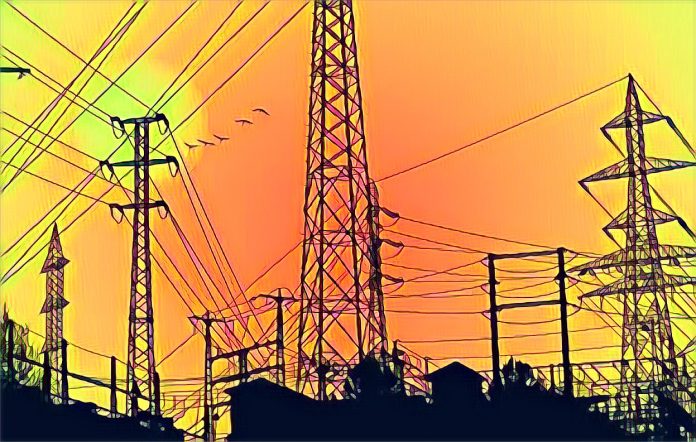The continuous hike in electricity tariffs in Nigeria has become a matter of national concern, debated fiercely among lawmakers and stakeholders who criticize the perceived inefficacy and unfairness of such increases. This controversy recently came to a head during a Senate plenary session last Thursday, which was abruptly halted, leading to widespread condemnation and accusations of the Upper Legislative Chamber becoming too subservient to the Executive branch, according to the Human Rights Writers Association (HURIWA).
The core of the debate centers around a staggering N2.9 trillion spent on electricity subsidies, highlighted by Senator Enyinnaya Abaribe’s Senate Committee on Power. This committee uncovered that despite a reduction in subsidy obligations from N528 billion in 2019 to N144 billion in 2022, costs surged to N2.9 trillion in 2024 due to inflation and foreign exchange pressures, alongside unresolved legacy debts of gas supply companies totaling $1.3 billion.
Critics argue that this colossal expenditure has failed to improve electricity supply quality, which remains dismal. Stakeholders, including current National Assembly members and Civil Society Organisations, have voiced their concerns, stressing that the funds appear to have been squandered without resulting in tangible benefits to the public.
The situation was further complicated by the Senate’s decision to stop the debate on the proposed electricity tariff hike. This was reportedly based on a technicality related to a Senate Rule that prohibits discussing matters pending in court. A recent court order had restrained the National Electricity Regulatory Commission (NERC) and Kano Electricity Distribution Company (KEDCO) from implementing new tariffs for Band A consumers, pending further hearings. Critics, however, view the Senate’s halt as an evasion of its duty to represent public interest and debate crucial national issues openly.
Senator Ali Ndume expressed shock at the unilateral tariff increases, deeming them discriminatory and unconstitutional. He highlighted the unfairness of differentiating power supply quality based on consumer bands, which he equated to societal discrimination. Other lawmakers echoed this sentiment, with Senator Adamu Aliero criticizing the lack of public consultation in the tariff setting process. He urged the Senate to take decisive action by adopting the committee’s recommendations.
The Senate Committee on Power had suggested several measures to address these issues:
– Suspend the implementation of MYTO 2024, which proposed over a 200% increase in tariffs.
– Mandate full compliance with stakeholder consultation requirements as stipulated in the Electricity Act, 2023, to avoid future public backlash.
– Shift focus from price manipulation to addressing the root causes of power scarcity.
– Hold Distribution Companies (DisCos) accountable for their performance metrics, including customer metering and service obligations.
Furthermore, the committee advocated for the continuation of the Federal Government’s metering initiative to bridge the current metering gap, emphasizing the need for government intervention in providing basic utilities rather than leaving the burden solely on consumers.
The abrupt ending of the Senate debate has sparked outrage among various groups. HURIWA criticized the Senate for abandoning its role as a check on the executive, accusing it of failing the Nigerian people when it mattered most. They urged the Senate to reverse its decision and tackle the electricity tariff issue head-on, reflecting the grave concerns of the populace regarding the escalating cost of living and the affordability of basic services.
In response to the increasing discontent, the minority caucus of the House of Representatives has called on President Bola Ahmed Tinubu to intervene and compel NERC to retract the recent tariff hikes, emphasizing the need for transparency and public engagement in regulatory decisions. They highlighted the dissonance between NERC’s statements and the realities faced by consumers, criticizing the government for misleading the public about the impacts of the tariff adjustments.
The controversy surrounding electricity tariffs in Nigeria illustrates the broader challenges of governance, transparency, and public accountability in managing the nation’s critical infrastructure. It underscores the need for a more inclusive and consultative approach in policy formulation and implementation, ensuring that decisions reflect the economic realities and welfare of all Nigerians.



